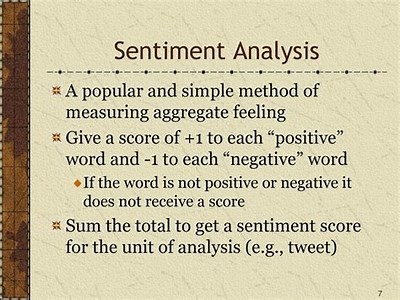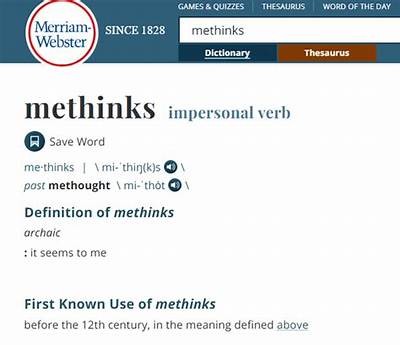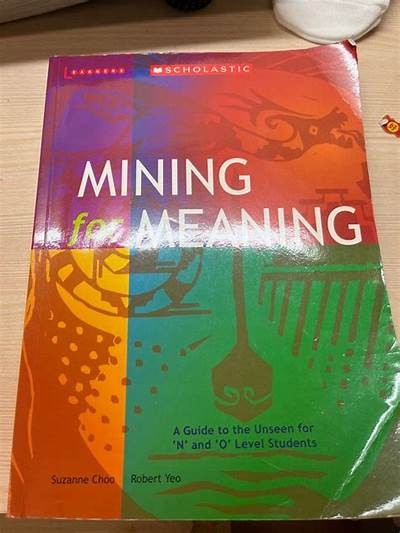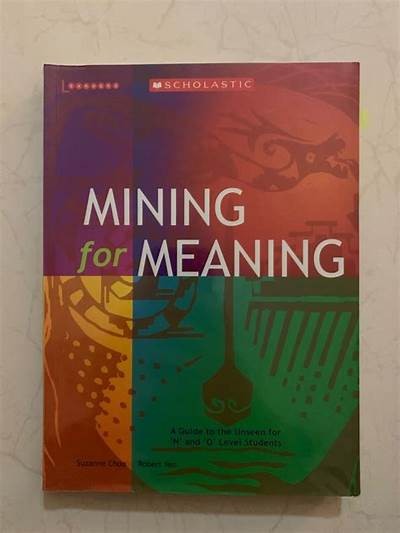The term "mines" has evolved over the years, gaining various meanings and implications in modern language. Often associated with the physical act of mining for precious resources, the word has transcended its original context to permeate various aspects of life, culture, and even technology. This article delves into the multifaceted significance of the word "mines," exploring its historical origins, contemporary relevance, and its metaphorical applications in today's world.

Historically, the word "mines" comes from the Latin word "mina," which referred to an excavation or a place where resources were extracted. Mining played a crucial role in economic development, propelling civilizations forward by providing essential materials such as gold, silver, coal, and iron. As societies evolved, so did the word's usage, adapting to encompass various forms of extraction and discussion.

Mining is a significant industry worldwide, contributing to the economies of many countries. It's not just about extracting resources; it creates jobs, supports local communities, and feeds into global markets. The lexical evolution of "mines" reflects this importance, as it signifies an industry's backbone—its labor force, innovations, and environmental impacts.

In modern language, “mines” has taken on a metaphorical significance. It is often used to describe places of abundance, both literal and figurative. From the "mines of information" that the internet provides to "mines of creativity" in artistic endeavors, the term connotes a richness that can be tapped into. The cultural usage of "mines" also shows its adaptability and relevance beyond the mining industry.

The convergence of language and technology has also influenced how we understand and use the term "mines." In an age of digital communication, the concept of mining data has become increasingly prevalent. Terms like "data mining" are commonplace, reflecting how the word adapts to new technological contexts. This underscores a shift in perception—from a focus on physical resources to intellectual capital.

With modern environmental challenges, the conversation around "mines" also involves sustainability and ecological considerations. Terms like "green mining" have emerged, highlighting the industry's efforts to reduce environmental impacts. This linguistic shift signifies a growing awareness and responsibility towards the environments from which we extract our resources. The Sociopolitical Dimension of Mining Language
The discussion of "mines" often intersects with sociopolitical themes. From exploitation to ownership rights, the implications of mining extend into discussions about power dynamics and resource management. The language surrounding mining has evolved to reflect these complexities, highlighting the struggles and narratives of various stakeholders involved in resource extraction. Conclusion
The word "mines" serves as a rich narrative, encapsulating a spectrum of meaning that goes beyond mere resource extraction. Its relevance in economic, cultural, technological, and environmental discussions marks its significance in modern language usage. As society continues to explore the implications of resource management and information extraction, the word "mines" will likely morph yet again, signifying the dynamics of our evolving language.
